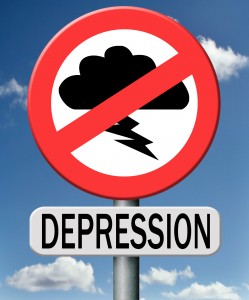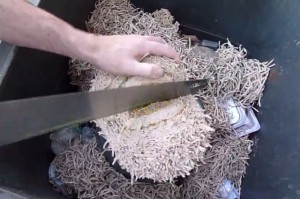A very simple definition of the mind is the activity of the brain. The activity of the brain manifests as thought. Thought comes in the form of beliefs, attitudes, perceptions and memories, which develop for each of us as a result of our life experiences. They can be so much a part of us that we cease to remain aware of these powerful processes that are running us.
What do you believe?
An important question to ask ourselves when life feels like a struggle: “What do I believe about myself right now?” When we develop the skill to slow our minds down, (see Learn To Meditate), we have a better opportunity to step back, identify our beliefs and question them. When we identify beliefs that no longer, or never did, serve us, we can begin the life-long process of retraining our thinking. If you find that anxiety and/or depression are interfering with your quality of life, chances are you have one or more damaging beliefs operating in the background.
A counselor can help
I approach all my clients from the perspective of Cognitive Behavioral Therapy (CBT) and incorporate Emotional Freedom Techniques (EFT) with those clients for whom it is appropriate. With CBT we look at what is happening in the client’s life, how it is impacting them and what changes we can make in thinking and behavior to bring about positive life changes. EFT helps us to reduce the emotional charge that is connected with the damaging beliefs so that they can be, more easily, released.
Damaging Myths We Should Not Believe
This Huff Post article reveals 15 Damaging Myths About Life We Should All Stop Believing. If you find yourself struggling, seek the help of a qualified mental health counselor, who can help you identify what you believe and how it is impacting your quality of life. From there, you can take on the challenge of managing your mind, cultivating the beliefs that serve you and releasing those that no longer do.



